Scientist of the Day - Joseph Locke
Joseph Locke, a British civil engineer, died Sep. 18, 1860, at the age of 55. Locke is the unsung member of the great quartet of British railway engineers of the first half of the 19th century, the others being George Stephenson, Robert Stephenson (George’s son), and Isambard Kingdom Brunel. Locke was the principal assistant to George Stephenson in laying out the Liverpool and Manchester Railway, the world's first railroad. One of the principal obstacles was a vast peat bog on the outskirts of Manchester, known as Chat Moss. Although Stephenson usually gets the credit, it seems to have been Locke who suggested "floating" the railway bed on the soft peat, and then successfully implemented the idea (see first image above). That stretch of line, completed in 1830, is still in use.
Locke was also inadvertently responsible for the first railway fatality. To open the Liverpool and Manchester Railway in 1830, they ran a parade of eight trains between the two cities and back. Joseph Locke was driving the "Rocket", the famous locomotive that had won the Rainhill Trials the previous year (second image), and his engine struck a local dignitary and killed him. We have several publications written jointly by Stephenson and Locke about the Liverpool and Manchester Railway; we exhibited one of these, with a frontispiece showing the entrance to the Liverpool Station (third image), in our 2008 exhibition, Locomotion.
There is a statue of Locke in his home town of Barnsley (fourth image).
Dr. William B. Ashworth, Jr., Consultant for the History of Science, Linda Hall Library and Associate Professor, Department of History, University of Missouri-Kansas City. Comments or corrections are welcome; please direct to ashworthw@umkc.edu.

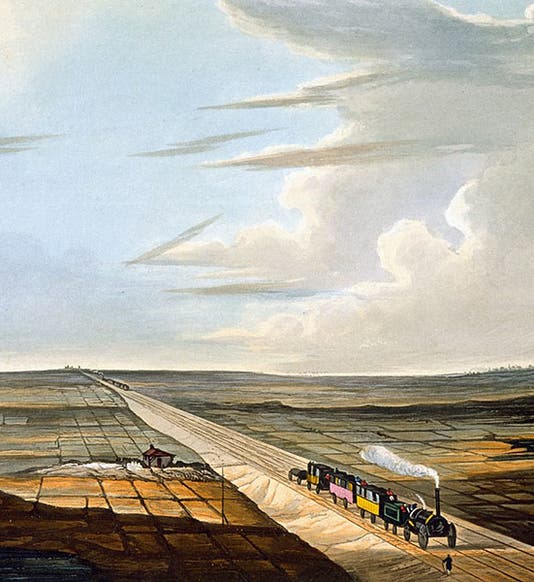
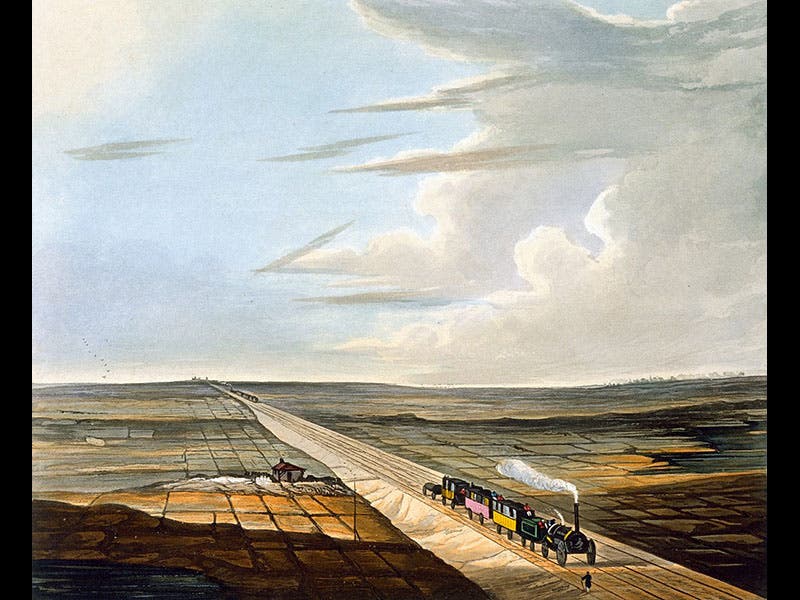
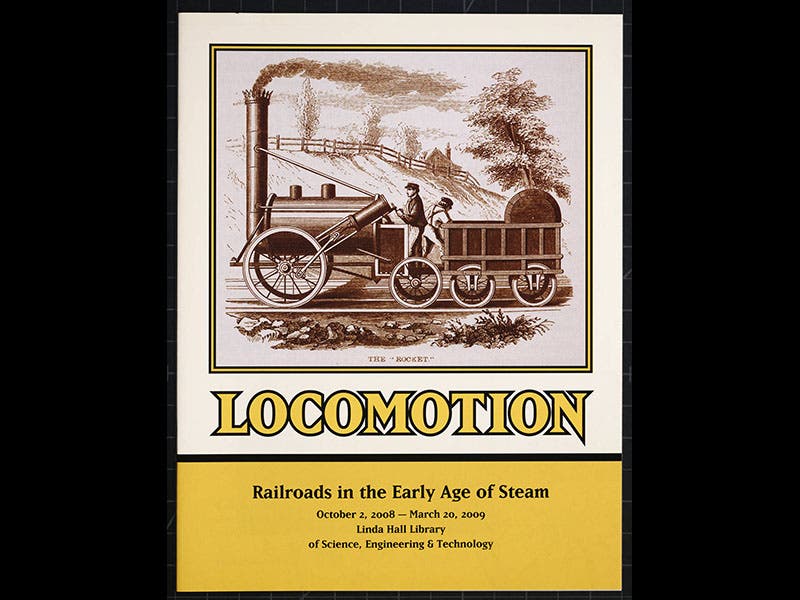
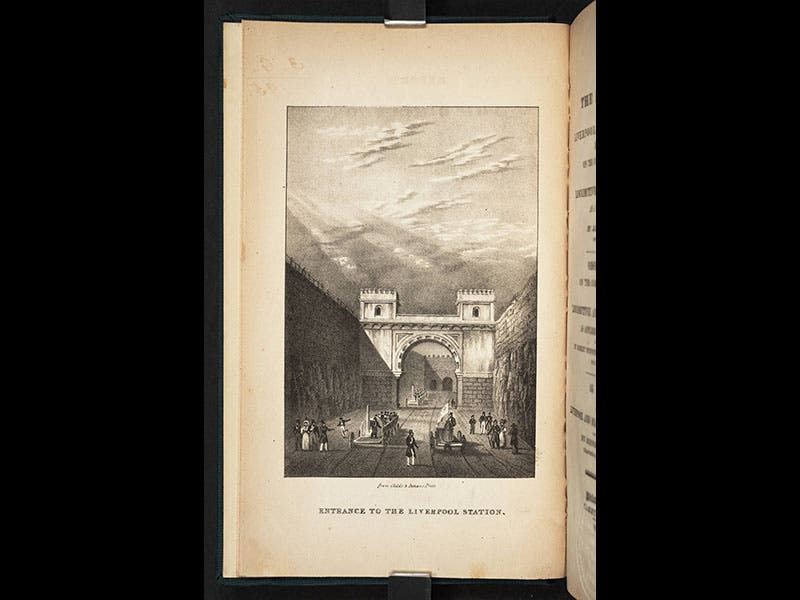
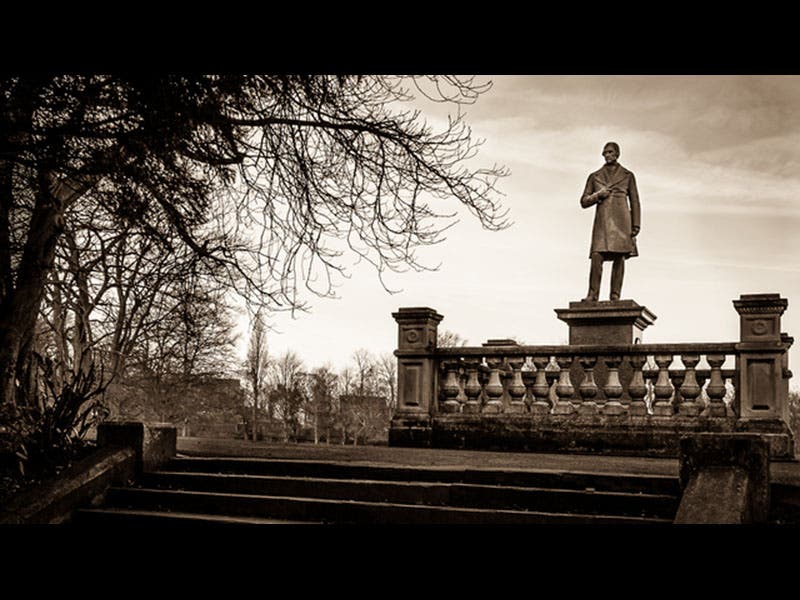

![Andromeda and Perseus, constellations figured by James Thornhill, with star positions determined by John Flamsteed, in Atlas coelestis, plate [15], 1729 (Linda Hall Library)](https://assets-us-01.kc-usercontent.com:443/9dd25524-761a-000d-d79f-86a5086d4774/1b30cfec-5be6-4297-a7fb-97255ba992e5/thornhill1.jpg?w=210&h=210&auto=format&fit=crop)


